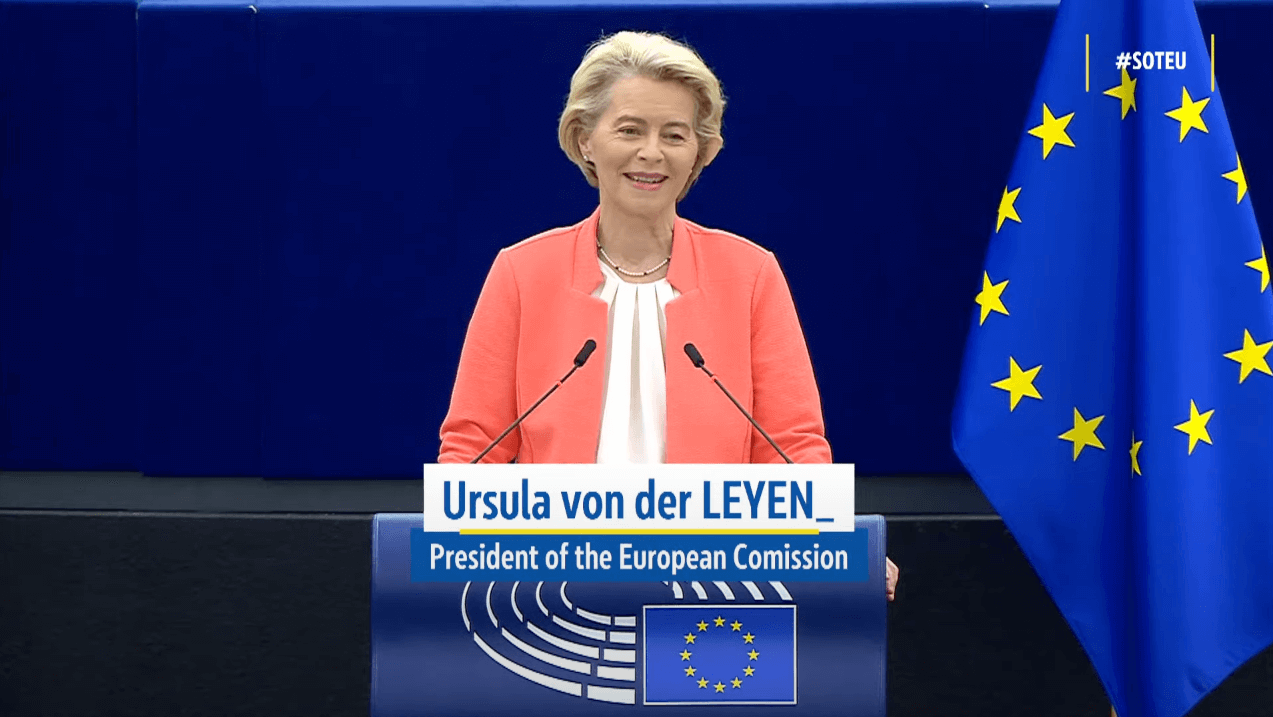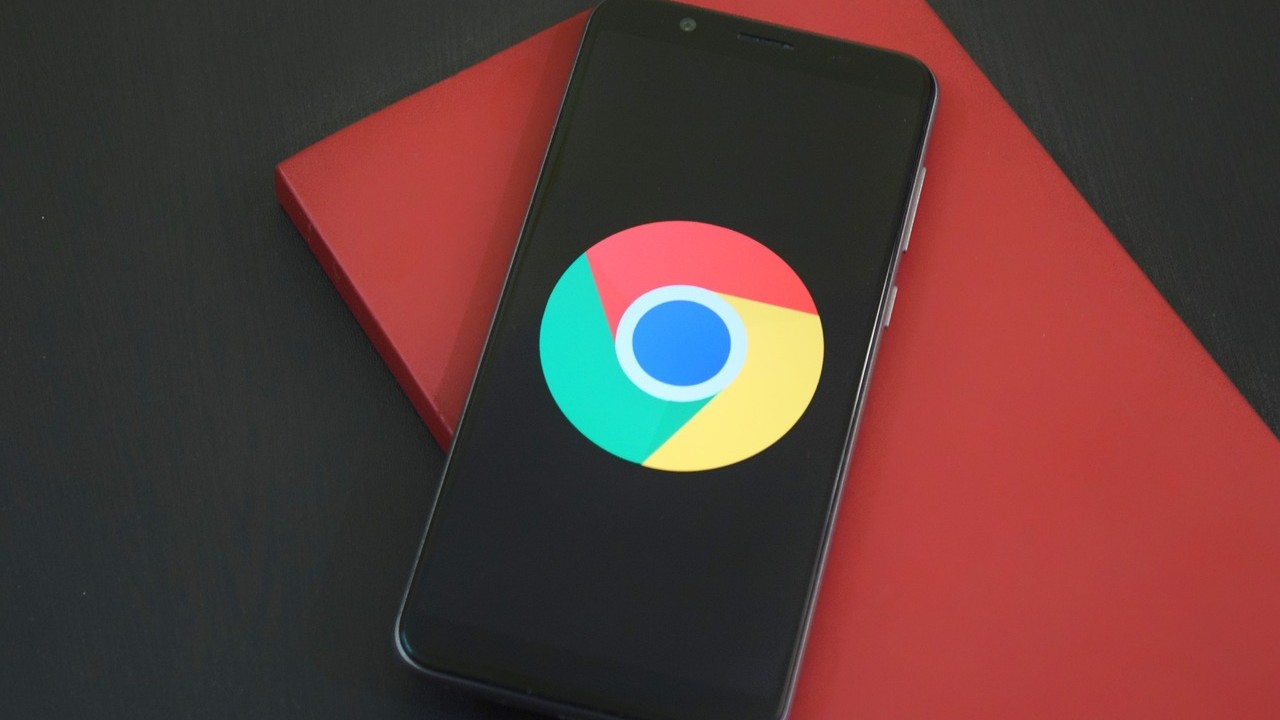South Korea will grant cryptocurrency firms ‘venture company’ status from 16 September, giving them access to tax breaks, financing support, and other incentives. The move follows a partial revision of the Venture Business Act removing restrictions on crypto trading and brokerage.
The regulatory change aims to stimulate growth in the crypto and blockchain sectors. Advantages include research and development grants, credit guarantees, and the ability for existing venture companies to expand into crypto without losing their status.
Minister Han Seong-sook said the measure will help create a transparent and responsible ecosystem for venture capital and innovation.
Crypto firms were first restricted in October 2018, and the ban’s removal reflects industry maturity and better user protections. Officials expect the change to accelerate growth in virtual asset trading, blockchain technologies, smart contracts, and cybersecurity.
South Korea’s crypto industry has already benefited from a friendlier environment under President Lee Jae-myung. The market is projected to reach $1.1 billion in revenue in 2025 and $1.3 billion by 2026, with exchange users surpassing 16 million, over 30% of the population.
Would you like to learn more about AI, tech and digital diplomacy? If so, ask our Diplo chatbot!










